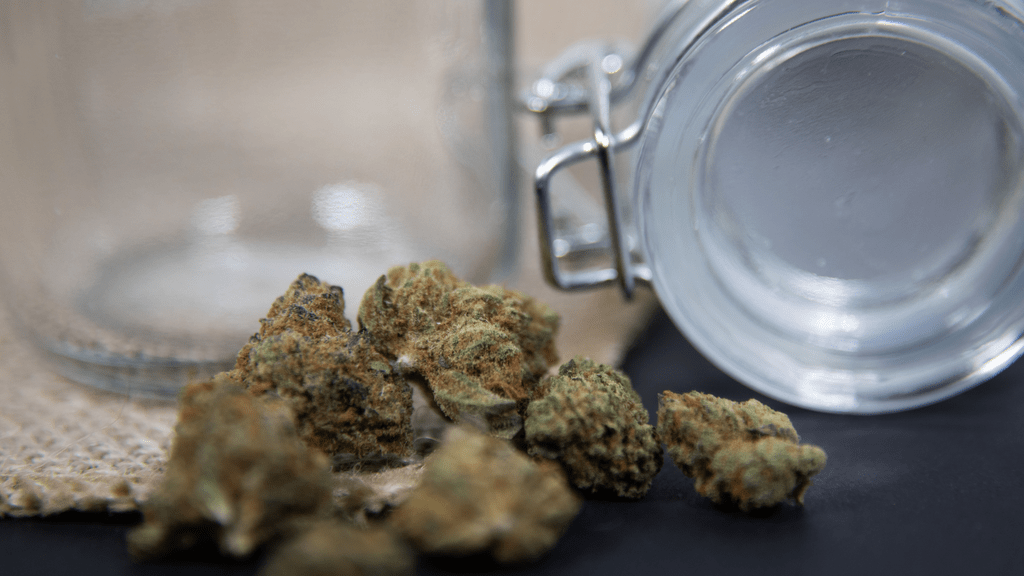In recent years, there has been a noticeable surge in discharged military personnel seeking to obtain medical cannabis cards. This trend sheds light on the struggles faced by veterans dealing with various ailments, including PTSD and permanent injuries resulting from their service. The journey from the battlefield to seeking alternative therapies underscores the complexities of post-service life and the growing acceptance of medical cannabis as a viable treatment option.
Ailments Among Discharged Military Personnel
Post-Traumatic Stress Disorder (PTSD): Among the most prevalent conditions affecting discharged military personnel is PTSD. The experiences of combat and the challenges of reintegrating into civilian life can lead to significant mental health struggles. Symptoms such as anxiety, depression, and intrusive thoughts can severely impact daily functioning. Traditional treatment methods, while effective for some, may not suffice for others, leading many veterans to explore alternative therapies like medical cannabis.
Chronic Pain: Another common issue among discharged military personnel is chronic pain, often stemming from injuries sustained during service. Whether it’s musculoskeletal injuries, nerve damage, or conditions like traumatic brain injury (TBI), the physical toll of military service can be enduring. Traditional pain management approaches, including opioid medications, come with risks of addiction and adverse side effects. As a result, many veterans seek alternative pain relief options, including medical cannabis.
Traumatic Brain Injury (TBI): TBI is a frequent occurrence in military personnel exposed to blasts, concussions, or other head injuries during combat. The long-term effects of TBI can include cognitive impairments, mood disturbances, and chronic headaches. Managing these symptoms can be challenging, and some veterans find relief through the use of medical cannabis, which has shown promise in alleviating pain and improving mood regulation.
The Appeal of Medical Cannabis
Effectiveness:
For many discharged military personnel, medical cannabis offers relief from symptoms that may not respond adequately to conventional treatments. Its ability to mitigate pain, reduce anxiety, and improve sleep quality makes it an appealing option for veterans seeking to regain a sense of normalcy in their lives.
Safety Profile:
Compared to opioid medications commonly prescribed for conditions like chronic pain, medical cannabis carries a lower risk of addiction and overdose. This aspect is particularly significant given the opioid epidemic that has disproportionately affected veterans. Additionally, cannabis may have fewer adverse side effects, making it a potentially safer choice for long-term symptom management.
Accessibility:
As more states legalize medical cannabis, access to this alternative treatment option has become increasingly available to discharged military personnel. This shift in policy reflects a growing recognition of the therapeutic potential of cannabis and a willingness to explore its medical applications.
Overcoming Stigma and Barriers
Despite the growing acceptance of medical cannabis, challenges remain for discharged military personnel seeking access to this treatment option. Stigma surrounding cannabis use, both within military culture and society at large, can deter veterans from pursuing it as a viable solution. Furthermore, federal regulations regarding cannabis, including its classification as a Schedule I controlled substance, pose legal obstacles to its widespread adoption as a medical treatment for veterans.
Efforts to destigmatize cannabis use among veterans and advocate for policy changes at the federal level are underway. Organizations like Veterans for Medical Cannabis Access (VMCA) are actively lobbying for expanded access to medical cannabis for discharged military personnel, citing its potential to improve the quality of life for those struggling with service-related ailments.
Conclusion
The increasing number of discharged military personnel seeking medical cannabis cards reflects the ongoing search for effective solutions to manage the physical and psychological toll of military service. As awareness grows regarding the therapeutic potential of cannabis, it is essential to address barriers to access and destigmatize its use among veterans. By supporting research, advocating for policy reform, and providing comprehensive healthcare options, we can better serve those who have sacrificed for their country and ensure they receive the care and support they deserve.
This rising trend underscores the need for a holistic approach to veterans’ healthcare—one that recognizes the unique challenges they face and provides access to a diverse range of treatment options, including medical cannabis.



